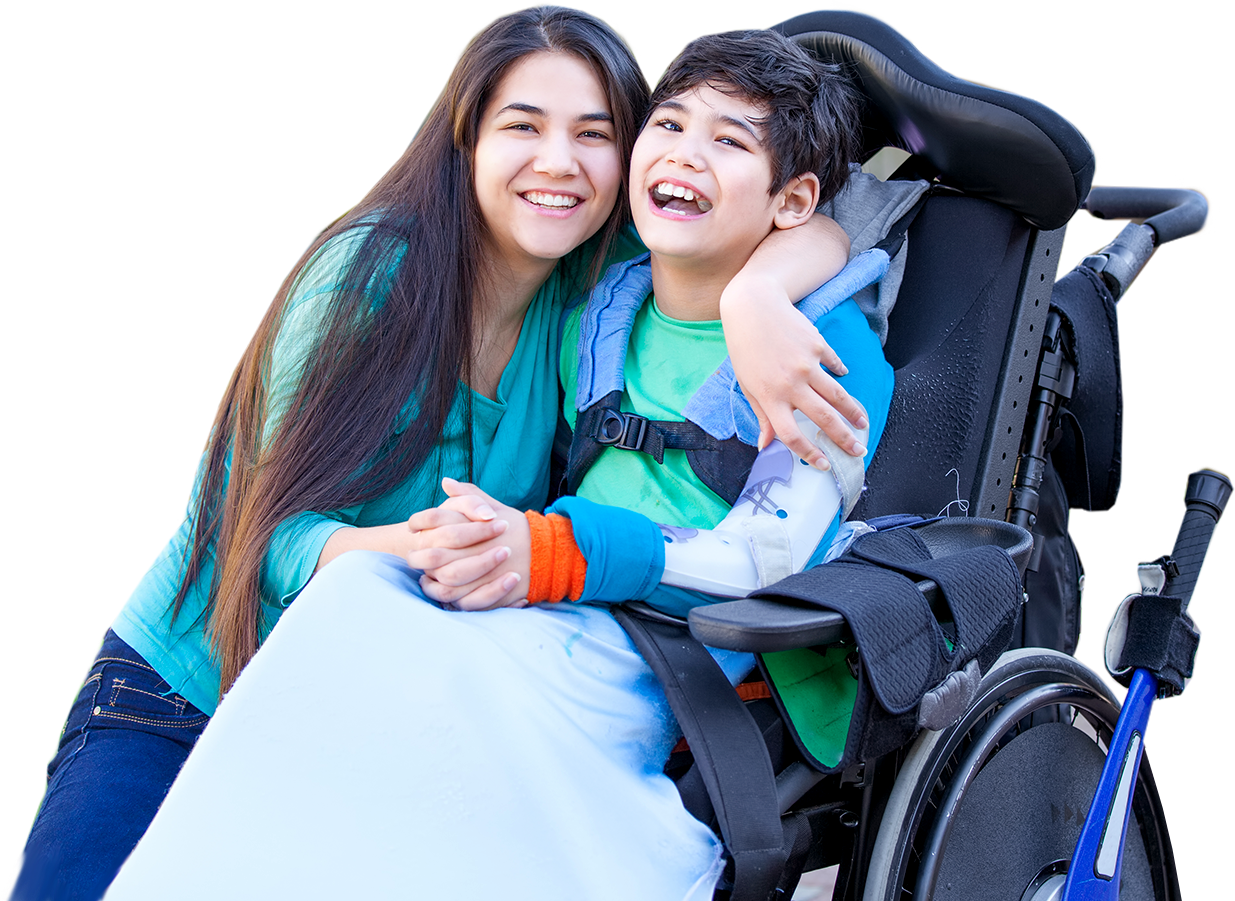Birth Injury
advice for birth injuries and what to expect

- Alternative
- Assistive Technology
- Associated Conditions
- Birth Injury
- Causes of Cerebral Palsy
- Cerebral Palsy Diagnosis
- Cerebral Palsy Information
- Cerebral Palsy Therapies
- Cerebral Palsy Treatments
- Child Development
- Doctor Visits
- Education
- Equipment
- Featured
- Legal Help
- Medical Research
- News
- Patient Care
- Prenatal Care and Childbirth
- Stories
- Tips for Parents
- Types of Cerebral Palsy
- Updates
Posts in 'Birth Injury'
Symptoms of Cerebral Palsy in Newborns
Cerebral palsy isn’t always apparent at birth, often taking months or years to diagnose. However, there are some signs and symptoms that you may be able to spot in your newborn. If you see these signs, it doesn’t necessarily mean that your child has cerebral palsy, but your pediatrician will likely want to monitor your... Read More
What Is Shoulder Dystocia?
While every mother hopes that their childbirth experience will be smooth and safe, complications during pregnancy can still occur. Shoulder dystocia is one of the most common types of labor complications, occurring in 0.15 to 2% of deliveries. Shoulder dystocia occurs when one of an infant’s shoulders gets caught behind a mother’s pelvis during delivery.... Read More
What Is an Anoxic Birth Injury?
Birth injuries shouldn’t be taken lightly. They can be severe enough to result in conditions including paralysis and cerebral palsy. Hypoxic or anoxic brain injury at birth—when the brain doesn’t receive enough, or any, oxygen—is one such condition. What’s Anoxia? Anoxia is the lack of oxygen. Medically speaking, anoxia describes a lack of oxygen; specifically... Read More
Potential Causes of Hypoxic Ischemic Encephalopathy
Birth and delivery put stress on a baby. To protect the baby and minimize the dangers of giving birth, medical professionals must use extreme care during labor, including monitoring fetal heart rate changes from baseline—a marker of fetal well-being—to ensure that the baby is getting enough oxygen and is non-acidotic. When a baby is deprived... Read More
Sarnat Staging: What are the Stages of Hypoxic-Ischemic Encephalopathy?
Hearing the news that your baby has a birth injury is never easy, and many parents want to understand as much as possible—as quickly as possible—about what their child is going through. Read on to learn about Hypoxic-Ischemic Encephalopathy (HIE), Sarnat scores, and what a Stage I HIE, Stage II HIE, or Stage III HIE... Read More
Can Low Apgar Scores Be an Indication of Cerebral Palsy?
Healthcare professionals evaluate newborn babies, grading them with Apgar scores, an assessment that analyzes their appearance, responsiveness and general condition shortly after birth. In this article, we take a closer look at the connection between low Apgar scores and cerebral palsy. What Is an Apgar Score? The Apgar score—developed in 1952 by Dr. Virginia Apgar—is... Read More
What Causes Hypoxic Ischemic Brain Injury?
Hypoxic ischemic encephalopathy (HIE) is a serious and life-threatening type of brain damage that can occur in infants. Parents of children with a hypoxic ischemic brain injury at birth face emotional, physical, and financial stress. To better understand HIE, let’s go over the details of the condition, how it impacts families, and what to do... Read More
What Can You Do if Your Child Suffers a Hypoxic Ischemic Injury?
Hypoxic ischemic encephalopathy, also known as HIE, is a life-threatening and serious birth injury that occurs around birth. HIE causes mild to severe brain injuries, sometimes even leading to significant impairments such as cerebral palsy or other developmental conditions. For parents of children with the condition, finding the right hypoxic ischemic encephalopathy treatment is key... Read More
Is Cerebral Palsy a Neurodevelopmental Disorder?
Neurodevelopmental disorders are primarily associated with the brain and neurological system’s functioning, resulting in disability. Children with neurodevelopmental disorders such as cerebral palsy may have difficulties with motor skills, speech, language, memory, learning, behavior, and other neurological functions. Why Is Cerebral Palsy a Neurodevelopmental Disorder? Cerebral palsy (CP) is considered a neurodevelopmental disorder because it... Read More
